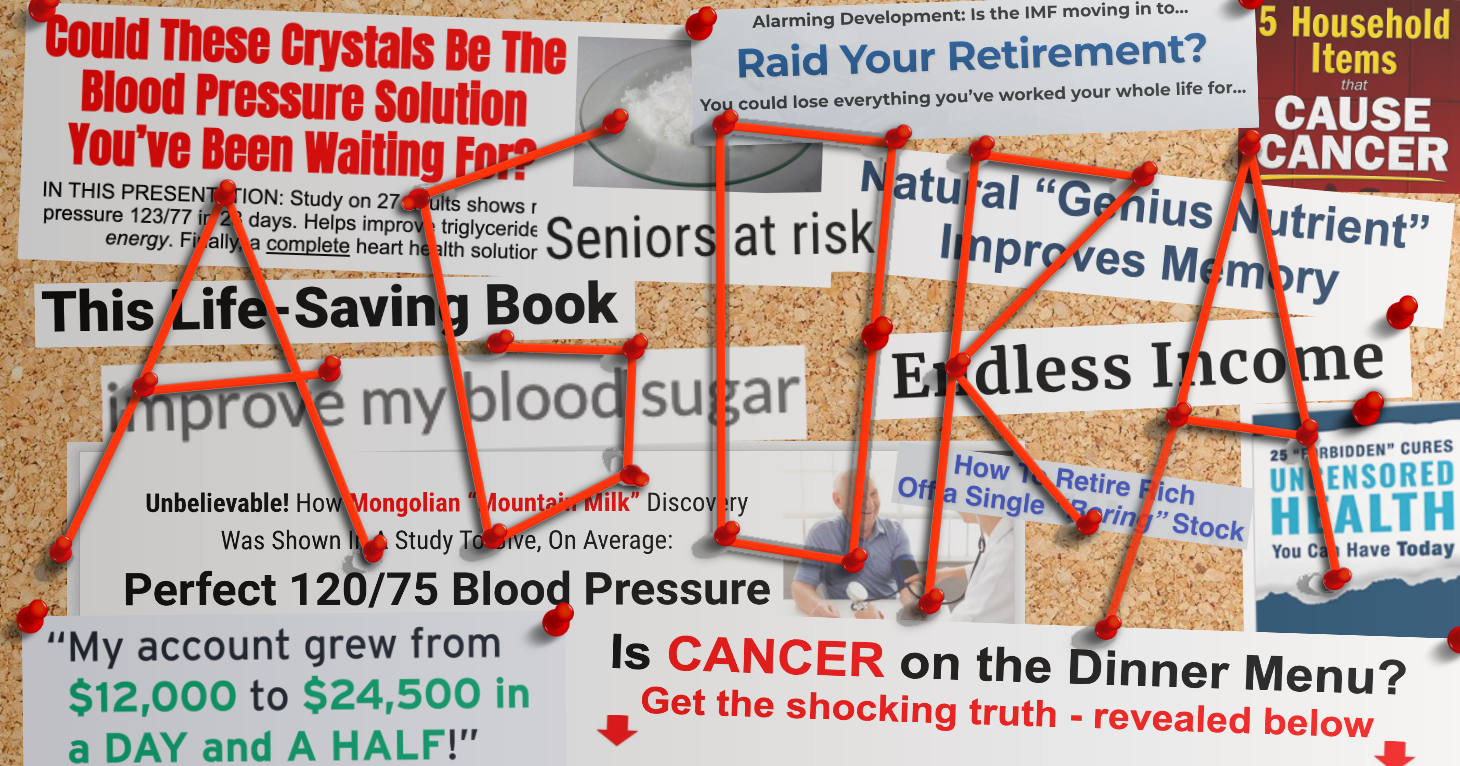
Best Reader Tips of 2021
This year reader tips led to dozens of ad alerts, as well as a complaint to regulators.
TINA.org files brief urging court to deny final approval of settlement that is unfair to consumers.
In May 2020, TINA.org alerted consumers to a memory supplement marketed by U.K.-based consumer goods giant Reckitt Benckiser called Neuriva. Despite being advertised as containing “clinically proven ingredients that fuel five indicators of brain performance: memory, focus, accuracy, learning and concentration,” TINA.org noted that the ingredient studies cited by Reckitt Benckiser as support for its “clinically proven” claims themselves acknowledged the need for further clinical research. The deceptive marketing campaign has continued unabated.
Now, a proposed class-action settlement offers a chance to make things right. Unfortunately, the only ones who stand to benefit from the settlement in its current form are Reckitt Benckiser and plaintiffs’ attorneys. For this reason, TINA.org on Tuesday filed a brief as amicus curiae (“friend of the court”) opposing the terms of the proposed settlement and urging the court to deny final approval. Here’s why the proposed settlement is unfair to consumers:
(Above, neuroscientist and star of the brainy sitcom “The Big Bang Theory” Mayim Bialik endorses Neuriva on the supplement’s website; Bialik also appears in Neuriva TV commercials and YouTube videos.)
Fifty-eight million people age 18 and older take a supplement for brain health, according to a 2019 survey by AARP. Brain supplements are a multibillion-dollar industry. In fact, when Reckitt Benckiser acquired Schiff Nutrition, which manufactures Neuriva, in 2012, it paid $1.4 billion to do so.
But the reality is there is often a gap between what brain supplement marketers claim their products can do and what they have actually been proven to do (see, among others, Prevagen). Which is why it’s crucially important that class-action settlements involving brain supplements are effective in halting deceptive advertising campaigns and preventing such behavior in the future.
In this particular case, NAD, of the ad industry’s system of self-regulation, had opened an investigation into Neuriva regarding its brain health and “clinically proven” claims but closed it due to the pending litigation. Given past statements by NAD, including those equating “clinically tested” to “clinically proven,” the case might have had a different outcome if it fell under its jurisdiction.
But the case isn’t over yet. There is still time to reach a settlement that actually benefits consumers. The first step? Denying final approval of this one.
Find more of our coverage on brain supplements here.
This year reader tips led to dozens of ad alerts, as well as a complaint to regulators.
Supplement MLM takes down dozens of deceptive claims following TINA.org investigation.
TINA.org refers publishing giant to FTC for enforcement action.


